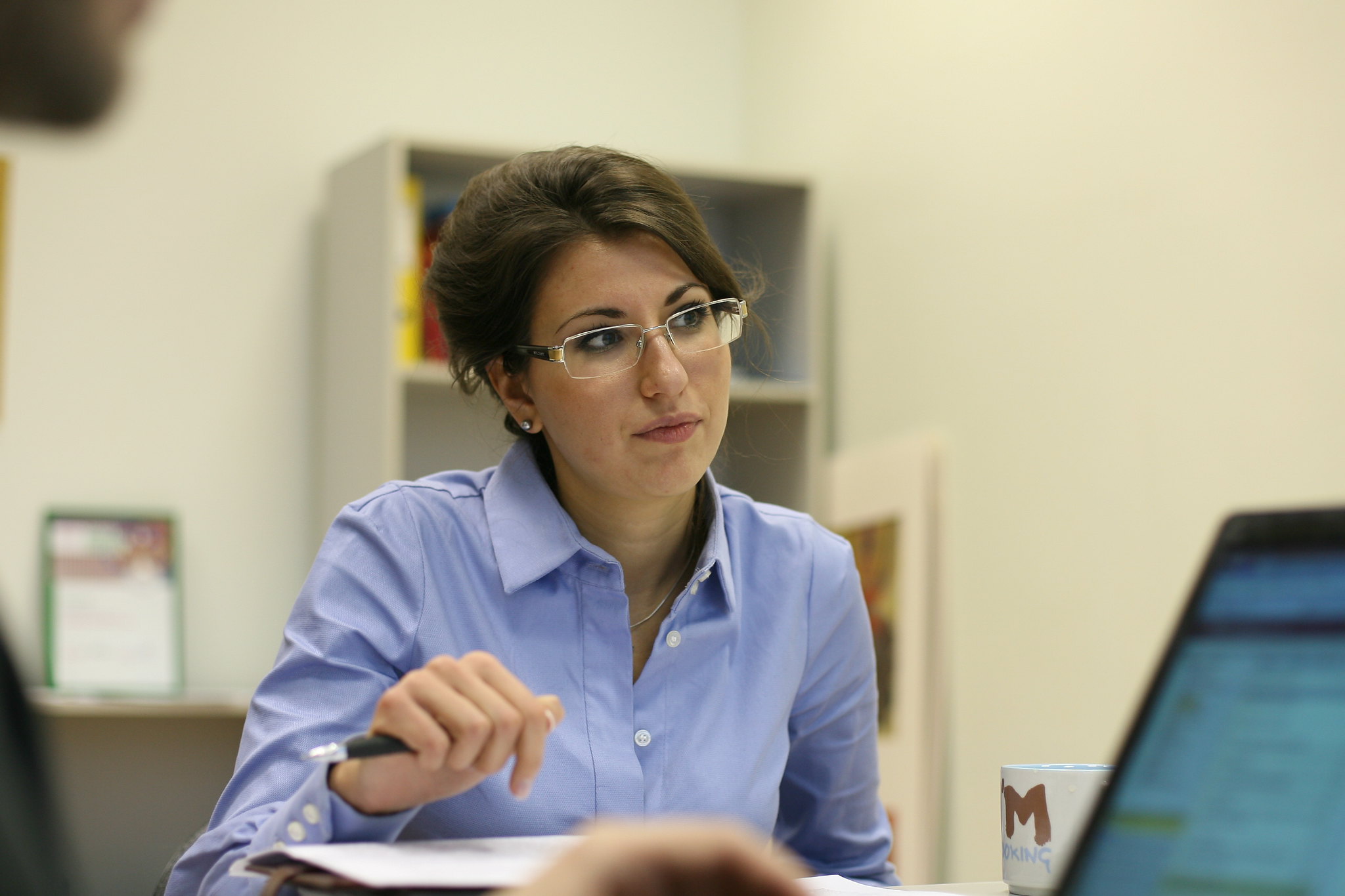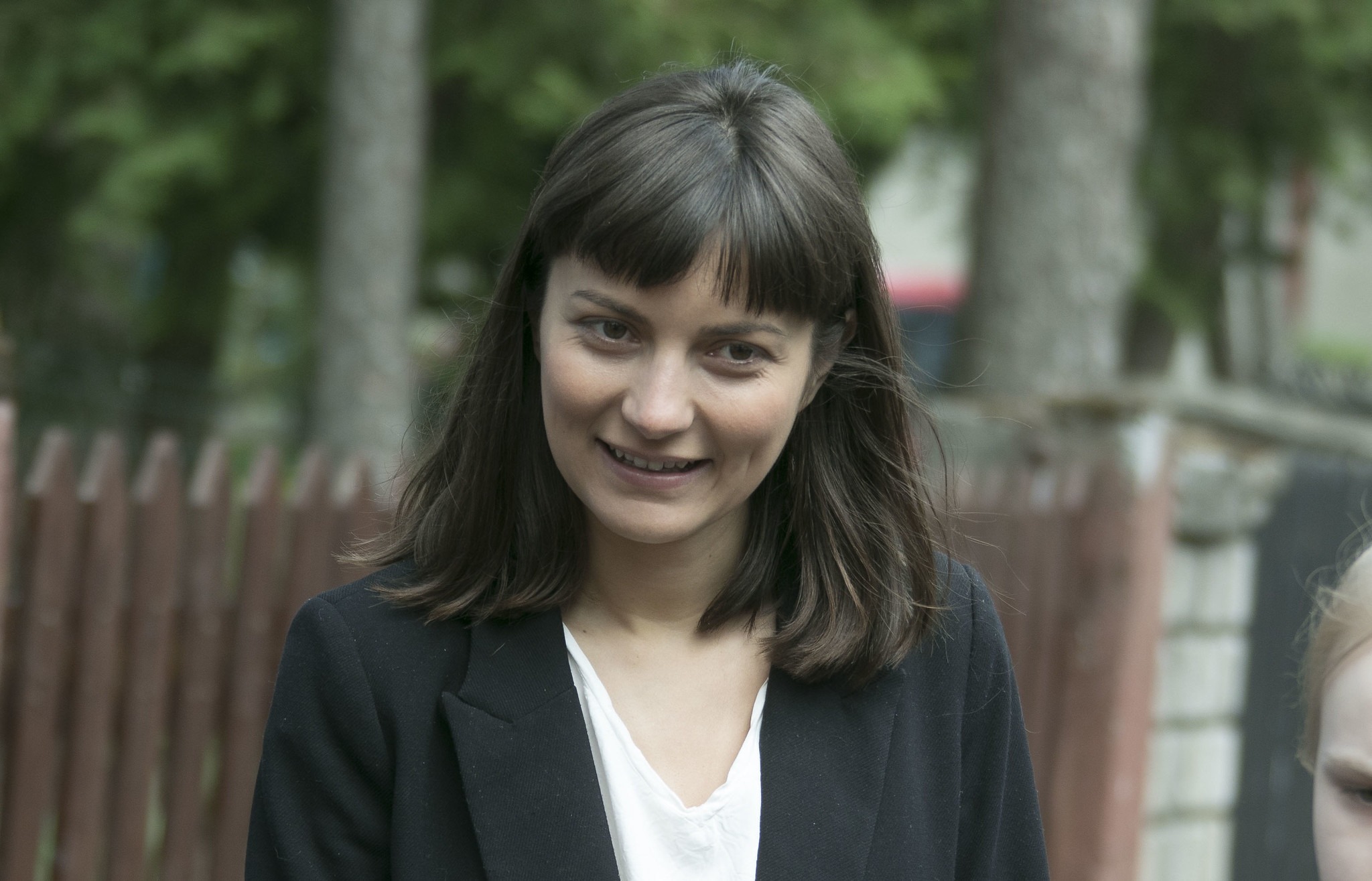
Key Insights:
During the reporting month Latvian social-media actors primarily focused on domestic issues including the controversy surrounding ratification of the Istanbul Convention, reproductive health education, lack of support for the current government and security of Latvia’s eastern border . The main narratives for the reporting month are as follows:
- The Istanbul Convention conflicts with the Constitution regarding the definition of marriage and introduces the concept of social gender.
- The Convention is Western propaganda, the supporters of which receive financial incentives
- There is a lack of support for both the ratification of the Istanbul Convention and the inclusion of reproductive health education in schools
- The inability of Latvian government to control the illegal migrant flow on its
Eastern border is directly linked to the government being corrupt i.e. the mismanagement of funds needed to build a fence.
Overview of findings:
- In the reporting month, Tiktok, Telegram, Facebook and Twitter platforms were monitored. The most engagement is reached through content in video format making Tiktok and Facebook the primary channels for disseminating disinformation. A total of 200 posts were examined.
- In comparison to the previous reporting month, the majority of content remains focused on domestic issues with little attention being given to topics relating to armed conflicts in Ukraine or Israel-Palestine. Considering that within the Latvian government there is a strong consensus in supporting
- Ukraine and Israel, these topics are not as controversial within the Latvian society, hence, more difficult to be exploited for negative or positive engagement.
- In the prior reporting month, the majority of attention was given to topics of Covid-19 and Russian language, both of which are dividing topics within the Latvian parliament. In the reporting month of October none of the two previously mentioned topics have been prevalent in the disinformation discourse.
- The topics of ratification of the Istanbul Convention and reproductive health education in schools had been addressed in the previous reporting month. However, the significant increase in content addressing the issues was triggered by two events. Firstly, the ex Prime minister and the current Foreign affairs minister Krišjānis Kariņš during his visit in Strasbourg reaffirmed Latvia’s commitment to ratify the Istanbul Convention. Secondly, a children’s book on reproductive health was published and quickly became a viral topic within Latvian Twitter discourse which then further moved to other platforms.
Story of the month:
“Ārlietu ministrs Kariņš nesenā uzstāšanās Strasbūrā minēja to, ka tie, kas ir pret Stambulas kоnvenciju ir it kā Krievijas ietekmēti”/ Foreign affairs minister Kariņš in his recent visit in Strasbourg claims that those that are against ratification of Istanbul Convention are influenced by RussiaThe ratification of the Istanbul Convention has been on the agenda of the leading Latvian party “Jaunā Vienotība”, however it has not been able to receive the necessary support within the parliament. In late spring of 2023, the topic of violence against women in Latvia and the lack of mechanisms to prevent it or protect women was brought up following a shocking homicide of a mother by her previous partner in which the police was, in view of public opinion, compliant due to their negligence. Following the incident Krišjānis Kariņš had publicly stated that the coalition should be more active in its efforts to ratify the Istanbul Convention and had set is a goal for the
coalition for Spring. However, despite the initiation from the public the Istanbul Convention still failed to reach necessary support within the parliament.
In his recent visit to Strasbourg now in the role of foreign affairs minister, Kariņš stated that the inability to reach support for the Istanbul Convention is founded in the influence of Russia who has used similar arguments for the refusal to ratify the Istanbul Convention as the opposition parties. The statement quickly led to controversy as Latvian political parties not supporting the ratification of the Convention do not want to be publicly associated with Russia. The common narrative among parties that are against the ratification (Nacionālā Apvienība, Latvija Pirmajā Vietā, Stabilitātei) is that the Istanbul Convention is a threat to conservative values as it has an underlying agenda of changing the definition of marriage- a similar narrative used by Russia.
The post published on Facebook in a video format reached 11 thousand views, 876 likes and 126 comments. Majority of the comments have negative sentiment both towards the Istanbul Convention and against Krišjānis Kariņš. Considering that Krišjānis Kariņš was the prime minister throughout Covid-19 pandemic he is widely disliked by the part of Latvia’s population that had negative sentiments towards Covid-19 restrictions. Hence, framing need to ratify the Istanbul Convention as an aspiration of the former prime minister already precondition the target audience to react negatively to his statements and not assess the subject of the matter critically. Additionally, the low trust in Krišjānis Kariņš is rooted in his upbringing as a Latvian-American meaning that he is not capable of understanding Latvian values, is pushing Western values and is essentially a foreigner and thus cannot represent the country. Whilst some comments merely asked for the politician to leave the country others incited violence by wishing him to be “publicly hanged in the city center” or “be shot for treason”. Another narrative within the comments supported the idea that the Istanbul Convention is Western propaganda and politicians supporting it are funded by Soros.









